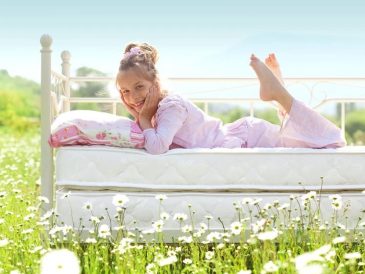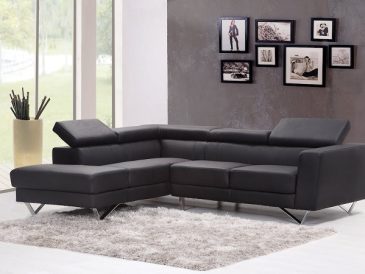If you love living on the rustic side, you’ve probably been thinking about moving into a barndominium. This best-of-both-worlds type of home is big enough for a family and has many different uses. They are also easy to build on lots of land, making them a great contender for a house that can go off-grid. If you are thinking of creating a self-sufficient home and enjoying the wide open spaces, here are six factors you should consider before going off-grid with your barndominium.
What is a Barndominium?
Just a quick overview of barndominiums before we learn about going off-grid. A barndominium is a type of house that mixes elements of a barn and a condominium. Giving you a perfect blend of home and barn. These are great for people that need large spaces or want a more rustic feel to their living style. You can learn all about the ins and outs of barndominiums from this in-depth article.
Factors to Consider Before Going Off-Grid
- Where Your Barndominium is Located
Before you go off-grid, you need to make sure that you like the land that your barndominum is on. Most barndominiums are custom-built, and the building permits for them are not allowed everywhere. To live off-grid you’ll have to be okay with being self-sufficient and living off of the land. You must make sure that it is legal to build your barndominum on the plot of land that you want it to be built. From there, you should survey the land that you are building on and make sure it is fit for off-grid living.
You’ll want to consider the climate that you are trying to live in. If it gets very hot or very cold, you’ll have to be able to warm and cool the house on your own. This might mean installing solar power or alternative power sources that can heat and cool the space. Or ethically sourcing firewood to warm the home when it’s cold.
- Water Sources
You’ll also want to figure out where your nearest water sources are for your home. You’ll need to have clean, potable water to be able to build a self-sufficient off-the-grid barndominium. There are many different water purification systems that you can choose from for your home. But they’ll all require a water source.
You may rely on a recycled rain source if the area you choose gets consistent rain, this is also a good backup option in case your original water sources aren’t working. If there are no water sources, you may need to dig your own well.
- Power System
Living off-grid means having your own power system in your barndominium. You want to be as self-sufficient as possible. There are luckily a couple of different systems that you can utilize to power your barndominium. You can outfit your home with solar panels or even put up solar panels on your land that you can tap into when you need them. Another popular off-grid power system is wind power. You’ll also want to make sure you have a backup generator system. A backup system ensures that you can still use the appliances in your home if one of your other systems malfunctions.
- Waste Treatment
When you live off-grid you’ll need to take care of your own waste and septic systems. Most people pay to have a septic system installed. If you are building a barndominium this might be the best option since you’ll be treating waste water for a large structure. You can also consider purifying your gray water to reuse. Composting toilets are also a popular option for those living off-grid.
5.. How You’ll Grow Food
While growing your own food isn’t a requirement of off-grid living, it’s something that many people with this lifestyle partake in. When building your barndominium, you can take note of areas that get a lot of natural sunlight. These areas could be good spots to build raised beds to grow seasonal fruits and vegetables. You’ll want to get familiar with what grows well in your area and take care of your gardens for the best results.
- Safety
While living off-grid is liberating, it’s important to stay safe. You’ll want to know how far away you are from the nearest town, hospital, or other aide that you may need in the event of an emergency. You can consider installing surveillance systems if you need protection from animals on your land. You may also want to invest in satellite phones or radios to make sure you can reach a safety contact if necessary. You never know what can happen when living on the land and you should be prepared in the case of an emergency.
Conclusion
Living off-grid is an entire lifestyle shift focused on sustainability and self-reliance. It isn’t for everyone, but if you want to live that life a barndominium is a great choice of home for off-grid living. Make sure you understand exactly what goes into living off of the land, and enjoy your self-sufficient barndominium.




